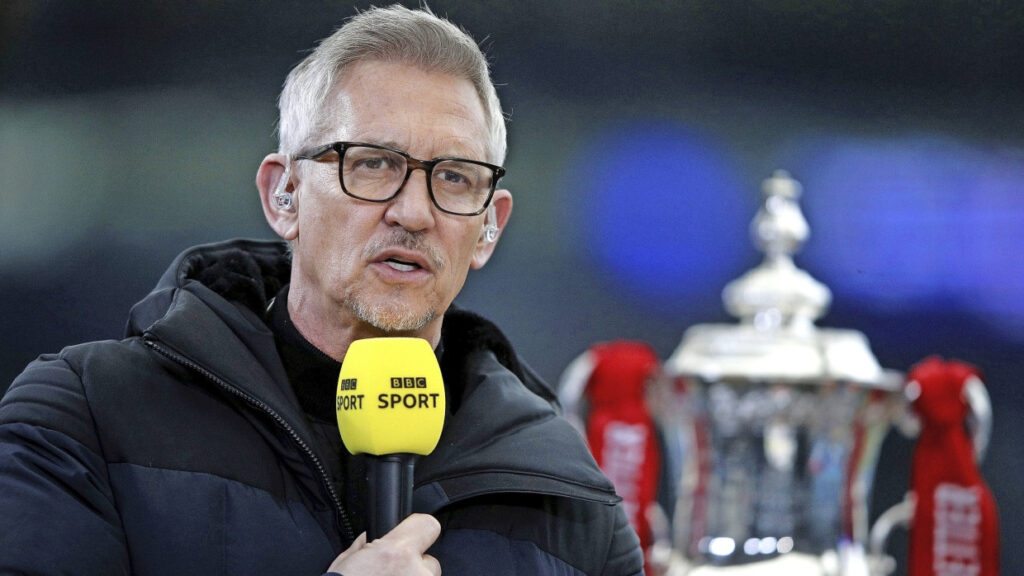Gary Lineker’s departure from the BBC has ignited widespread speculation about his next career move, with many wondering where the well-known football presenter might land after leaving the broadcaster. The 64-year-old, who stepped down following controversy over a social media post, had reportedly been considering his future plans beyond the BBC even before the incident that accelerated his exit.
Industry insiders suggest that Lineker could soon transition from traditional broadcast media to a more disruptive, modern platform. Talks are underway for his popular podcast, The Rest is Football, to expand its offering by featuring match highlights from this summer’s Club World Cup. The tournament, which includes big clubs like Manchester City, Chelsea, Bayern Munich, and Real Madrid, is under the global rights ownership of DAZN, with whom Lineker’s production company, Goalhanger Productions, is in discussions. This move aligns with Lineker’s growing focus on podcasting as the cornerstone of his post-BBC career, particularly as he aims to build a stronger presence in the US market, where the Club World Cup and next year’s World Cup will be held.
Lineker’s shift from the polished, restrained style required by the BBC to the more irreverent and candid tone of his podcasts is notable. On The Rest is Football, he often adopts a freer, more casual style, complete with the occasional swear word and sharper commentary, which contrasts with the BBC’s strict guidelines. This new creative freedom will allow him to fully express his personality and engage with fans in a less formal environment.
Although Lineker has received several offers for new projects, his immediate priority seems to be taking time out to focus on personal commitments, including an important family wedding. He recently withdrew from a podcast conference, underscoring the need for a period of reflection and planning before committing to longer-term ventures.
Despite the buzz, some potential avenues for Lineker appear unlikely. The idea of him joining ITV’s World Cup coverage has been largely dismissed by industry experts. ITV has invested heavily in its current lead football presenter, Mark Pougatch, and bringing Lineker in might cause internal friction. The broadcaster has a tightly knit team, and introducing such a high-profile figure could unsettle the existing setup.
Similarly, Sky Sports, which broadcasts the majority of Premier League matches, is considered a less probable destination. The network is known for running a tightly managed operation with a set presenting team, making it difficult for even a figure as prominent as Lineker to fit seamlessly into their lineup.
Some speculation points to an overseas move, with Fox in the United States often mentioned as a potential home. Given Lineker’s active and sometimes controversial social media presence, a US broadcaster might be more tolerant of his outspoken style. However, colleagues who know him well believe he enjoys working within major UK media organizations and is attentive to how his presence impacts ratings against competitors.
Ultimately, the decision will rest with Lineker himself. After many years at the BBC and recent public scrutiny, he may choose to prioritize his personal life over media appearances. His close relationship with his family is important, and any future role would need to accommodate that balance.
While Lineker’s future in football media looks set to be dynamic and innovative, moving away from traditional television hosting towards digital and podcast platforms, the next step remains open. Whether he continues as a media disruptor or takes a different path, his influence on football broadcasting and media will undoubtedly persist.

